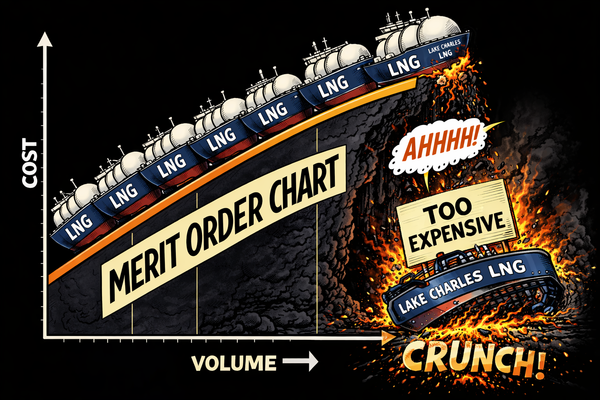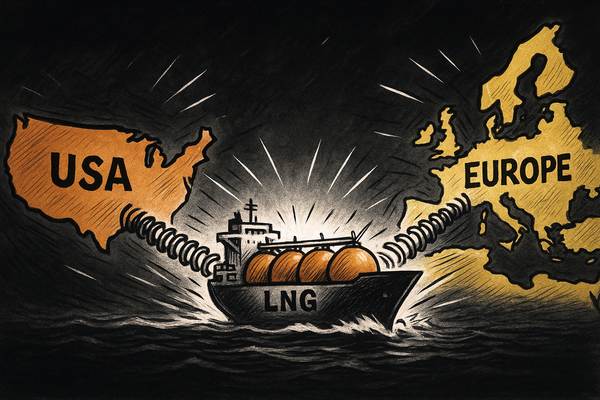UK energy security strategy is a big flop
HOT TAKE: Slow-burn supply-side solutions won't fix immediate crisis


Member discussion: UK energy security strategy is a big flop
Read what members are saying. Subscribe to join the conversation.
HOT TAKE: Slow-burn supply-side solutions won't fix immediate crisis


Read what members are saying. Subscribe to join the conversation.

PLUS: Tracking the glut, cheap gas and the energy transition, 2025 in review, Chart Deck + TTF Risk Model update

New LNG physical balance index monitors glut conditions in real-time | Chart Deck — 19 Dec 2025

Spread compression intensifies, but TTF is primed to snap back | Chart Deck — 12 Dec 2025

Negative US LNG profits & record-low Henry Hub-TTF correlation signal extreme market dislocation — and looming rebalancing